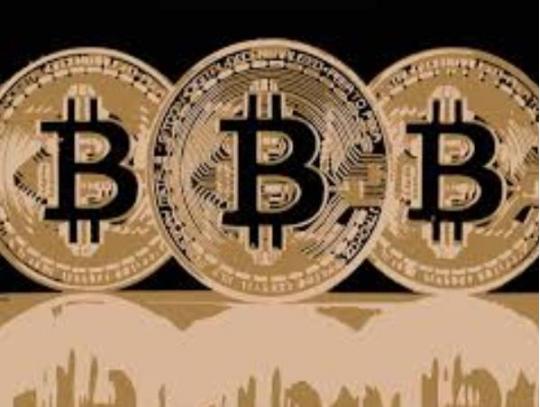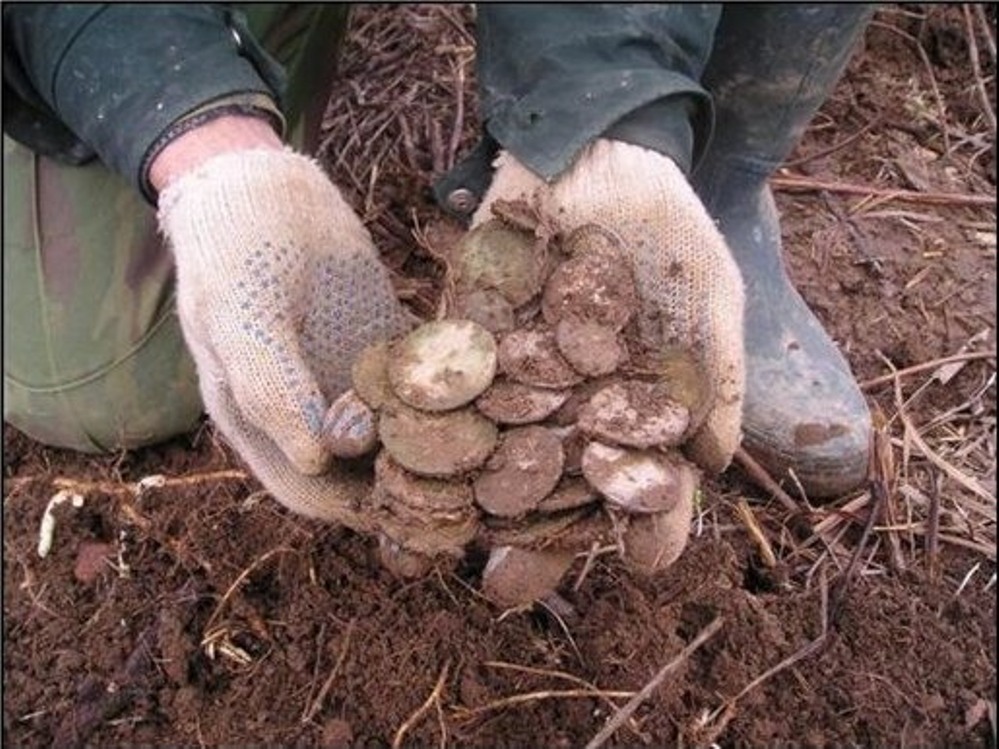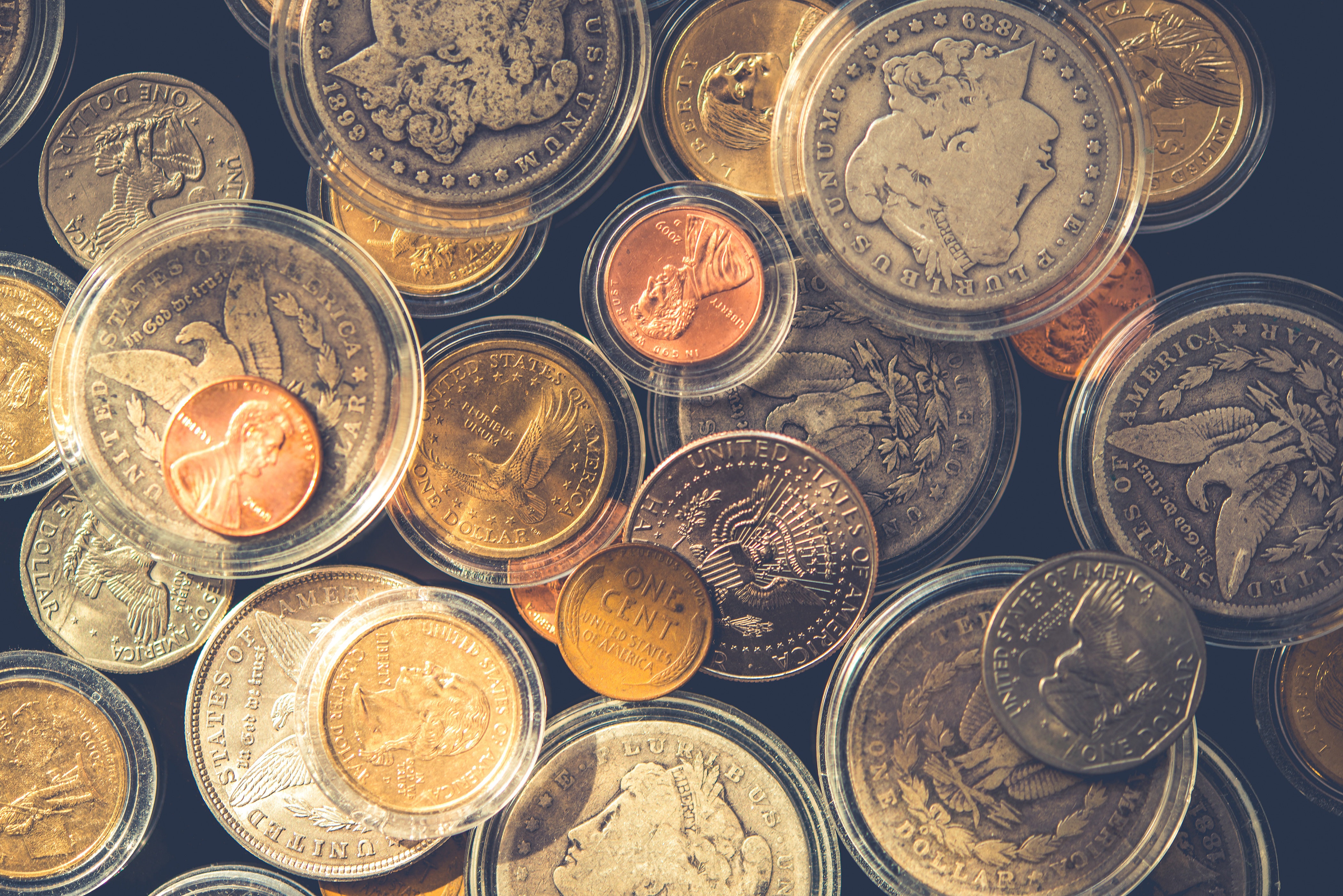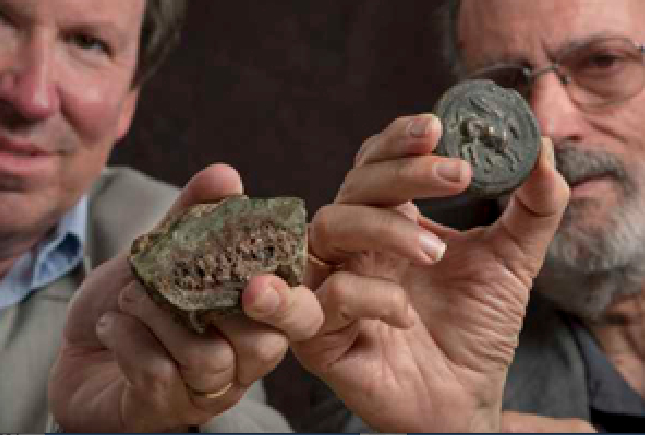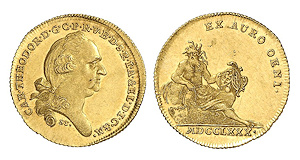coin stamps kept
On the fate of coin stamps of the St. Petersburg Mint
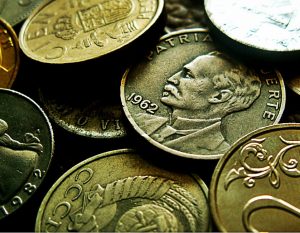 Mikhail Ivanovich Smirnov, the archivist of the St. Petersburg Mint, published an interesting article in the 6th issue of the Old Coin: “The Mints Cabinet and the Museum of the Mint of St. Petersburg”. Among the problematic issues, the central place in it was taken up by the question of the fate of coin stamps of the St. Petersburg Mint, the solution of which, as the author points out, encounters difficulties. Recall the provisions formulated by him, which are, in his opinion, the starting point for solving the problem posed. Continue reading
Mikhail Ivanovich Smirnov, the archivist of the St. Petersburg Mint, published an interesting article in the 6th issue of the Old Coin: “The Mints Cabinet and the Museum of the Mint of St. Petersburg”. Among the problematic issues, the central place in it was taken up by the question of the fate of coin stamps of the St. Petersburg Mint, the solution of which, as the author points out, encounters difficulties. Recall the provisions formulated by him, which are, in his opinion, the starting point for solving the problem posed. Continue reading

